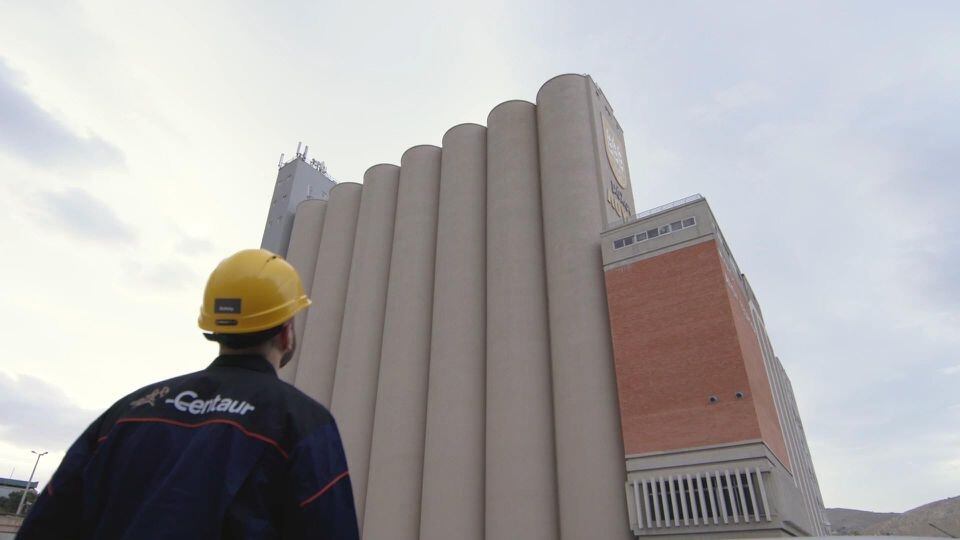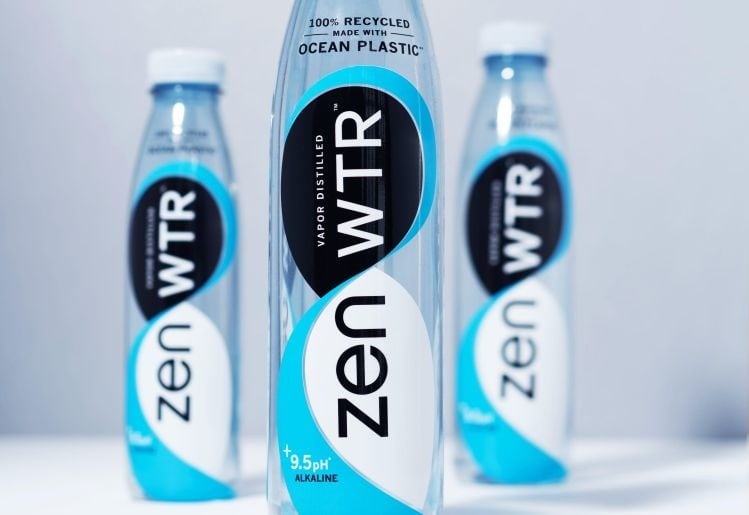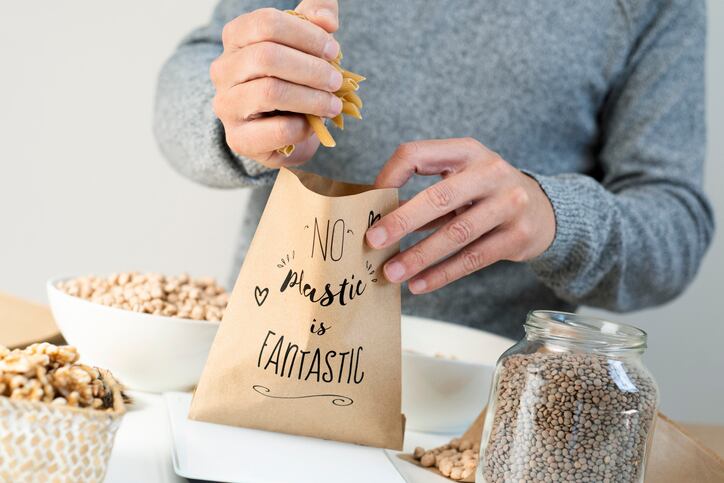“Our [current food] system is really tuned and geared for high throughput in a singular direction and any changes in course, brought about by incidents, like [the pandemic], and the system is not engineered to really tolerate it,” Sotiris Bantas, who is also the president and co-founder of Centaur Analytics, told attendees of IFT’s virtual conference and expo earlier this month.
But, he explained that by gathering and analyzing real time data about the type, quality and location of crops as they move from farm to fork, companies will be able to make meaningful adjustments in how or where food is stored or transported to prevent losses, waste and gaps in supply.
For example, he said, the ongoing coronavirus pandemic triggered wild fluctuations in supply and demand for crops or complicated transportation of goods. This forced some farmers to either destroy product or store them longer than usual – placing them at risk for spoilage.
But with Centaur’s censors, which are based on military-grade technology that can transmit data from all bulk storage environments to Centaur’s Internet-of-Crops platform, farmers can more confidently store crops until a new buyer can be found or kinks in transportation are resolved, because they will detect changes in humidity, mold, insect activity and other variables in a timely fashion so that they can be addressed before causing extensive damage.
Even outside of unexpected “one off” events, like the pandemic, Bantas said, more effective monitoring of the quality of crops across the supply chain can help reduce post-harvest losses estimated at $1 trillion of crop value annually with as much as 50-60% of cereal grains lost during storage.
For example, he noted, long transportation periods place crops at risk because traditionally there has been limited methods for monitoring quality and then limited solutions for addressing challenges. But Centaur’s small and “rugged” sensors change this.
He explained at IFT’s SHIFT20, if a crop destined for China from Latin America suffers quality control issues in transit, the censors can alert stakeholders, allowing them to redirect the supply to a closer buyer in Europe, for example, who can use the product before it spoils.
In effect, the technology alters the supply chain from a linear structure to a more flexible format so that “food and beverage companies are able to choose a supplier and particular portions of the supply chain based on quality, availability and the laws of supply and demand in a more intelligent matter.”
Centaur’s technology can benefit players up and down the supply chain, not just farmers, added Bantas. For example, he explained that major grain companies also use the technology to monitor their stores and prioritize when to use batches.
He also noted the company is “working to enable smart decisions from the consumer themselves when they are about to select a certain product from the shelf, for instance, by having access to the traceability data that would allow them to opt for and choose – and perhaps pay a premium – for those products that are produced by a process which is waste efficient and resilient and is the product of a circular approach and circular economy.”
[Editor’s note: Interested in learning more about the food and beverage industry can become more sustainable? Join FoodNavigator-USA Aug. 6 at 12 CT for a FREE webinar looking at how players across the industry are reducing waste, minimizing packaging and improving the recycling system in the US. Register HERE.]




